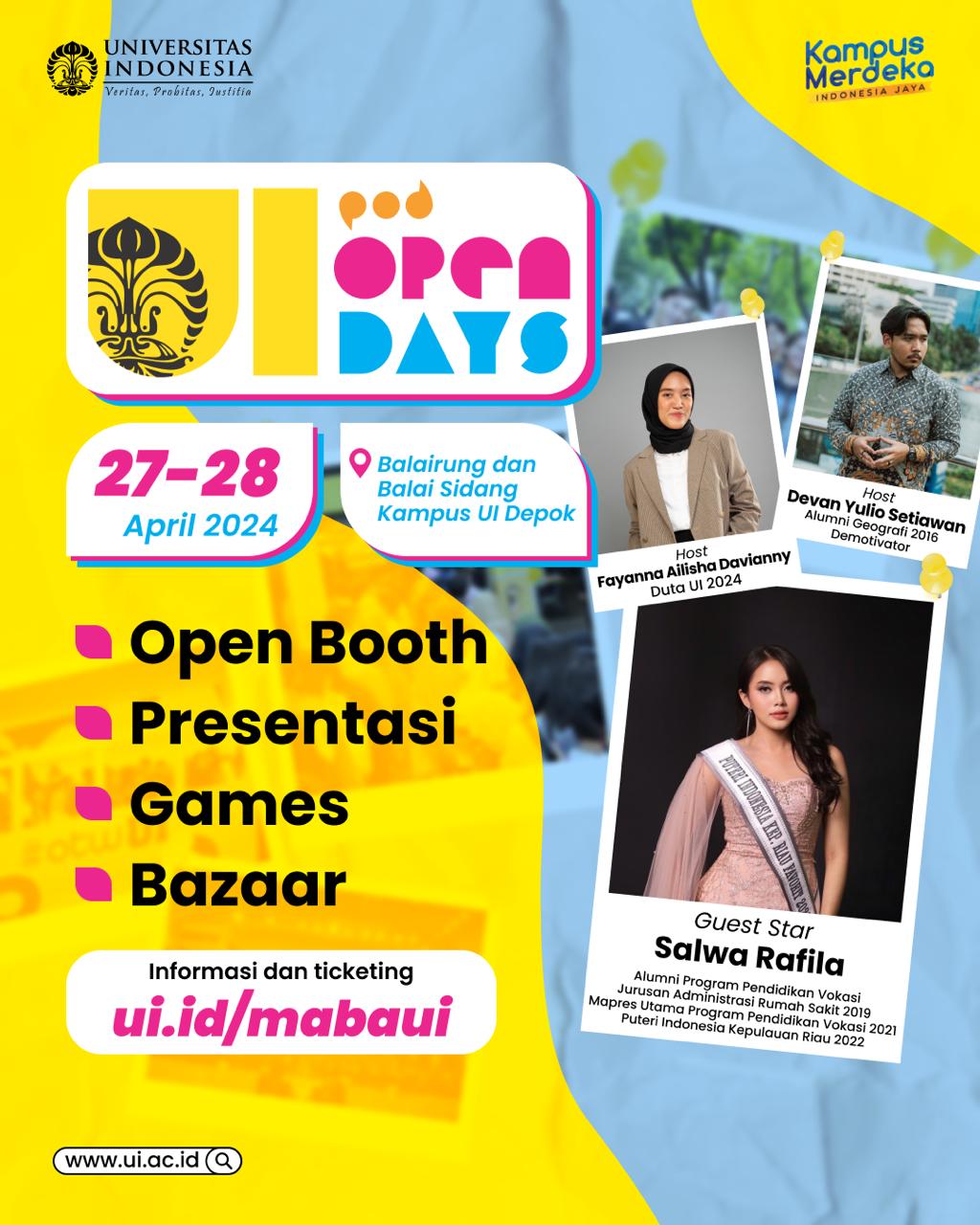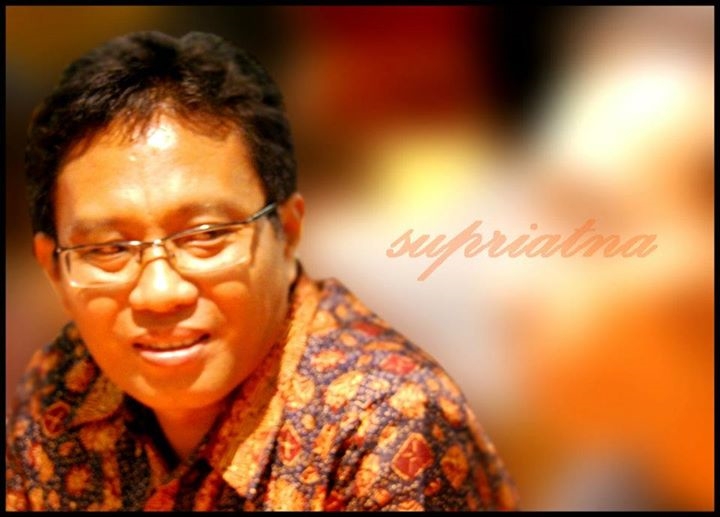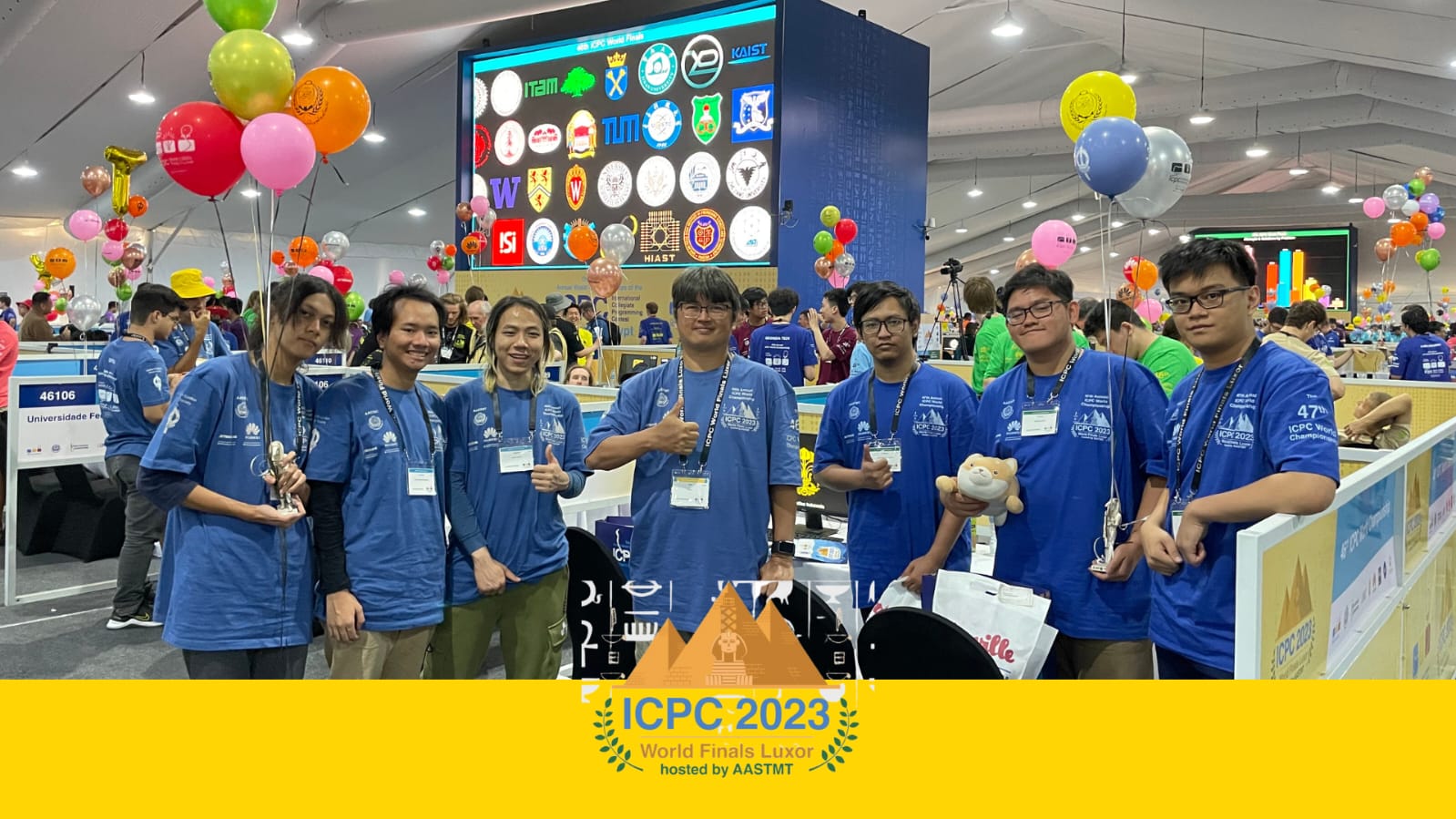The Research and Community Service Unit (UKK PPM) of SMART CITY of Universitas Indonesia (UI) organized a workshop on “Higher Education Involvement in Agricultural Innovation Ecosystem in West Java, Indonesia”, in Bandung at the end of August. This workshop is part of the SMART CITY activities of Universitas Indonesia, in collaboration with the University of Notre Dame (UND), USA, funded by USAID, the United States Agency for International Development. SMART CITY has been implementing a research entitled “SHARE” (Supporting Holistic and Actionable Research in Education) since early 2022. In Indonesia, SHARE has two research priorities on (1) Innovation Ecosystems, and (2) Financial Sustainability in Higher Education.
The workshop “Higher Education Involvement in the Agricultural Innovation Ecosystem in West Java, Indonesia” was attended by 32 participants who were stakeholders in related fields, ranging from local government, central government, universities, non-profit organizations, private industry, and research institutions in agriculture, with the discussion on the involvement of higher education to strengthen the agricultural innovation ecosystem in West Java.
In this workshop, SMART CITY advisor Ahmad Gamal S.Ars., M.Si., M.U.P., Ph.D., reminded the need for the collaborative role of actors in the ecosystem, especially utilizing existing tools. “Developing an innovation ecosystem requires intense cooperation and collaboration between participants, especially universities with various industries in the surrounding area. The role of universities in efforts to commercialize research outcomes will be difficult to implement without this cooperation,” he said.
Ir. Dadang Syamsul Munir, M.M, CEO of PT Botani Seed Indonesia explained that universities can become an intermediary between campus and industry by establishing a Science Techno Park as an Innovation Platform Development hub, so universities can connect with the government in terms of budget support, information, to policies and cooperation with industry. It has an impact on industrial growth so as universities will create more innovations in accordance with market demands. “Techno Park can be a place where innovation is systemized and gathers various technological capabilities that connect industry with universities and the government to develop regional innovation,” he further said.
Tuti Haryanti S.T., M.Si, the Head of the Vocational and Productivity Training Center of West Bandung, explained about Smart Farming innovations, efforts to encourage agricultural efficiency and to face the threat of a food crisis by the government through the provision of local food commodities. Digitalization is carried out in agriculture to be in line with Revolution 4.0. This is necessary as the interest of 18-45 year olds in agriculture is still low and has resulted in aging farmer with many farmers from the old age group. According to him, Smart Farming can overcome the aging farmer phenomenon by increasing the interest of the younger community.

The workshop found that universities are the actors with the most roles in the innovation ecosystem, but unfortunately each institution still works alone. Some participants even mentioned “sectoral ego” as one of the factors inhibiting collaboration between actors. In addition, bureaucracy or administrative difficulties from policy makers, the lack of regulations governing collaboration between stakeholders, and the absence of sustainable funding allocations were also mentioned as other obstacles. In addition to being useful for Indonesian universities, the results of this study are intended to be input for research design, advance global education learning priorities, and strengthen the evidence ecosystem to assist in the decision-making process for USAID policies and programs.



